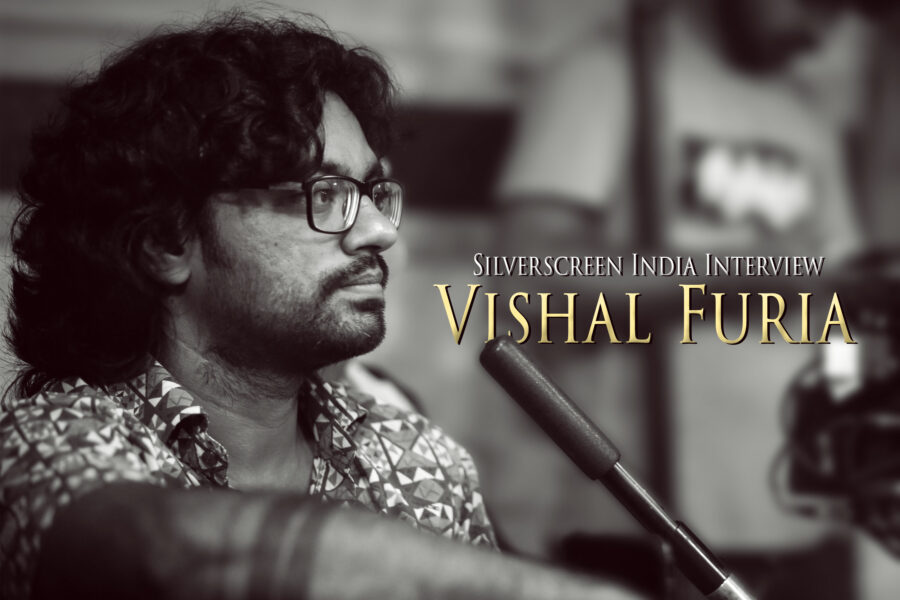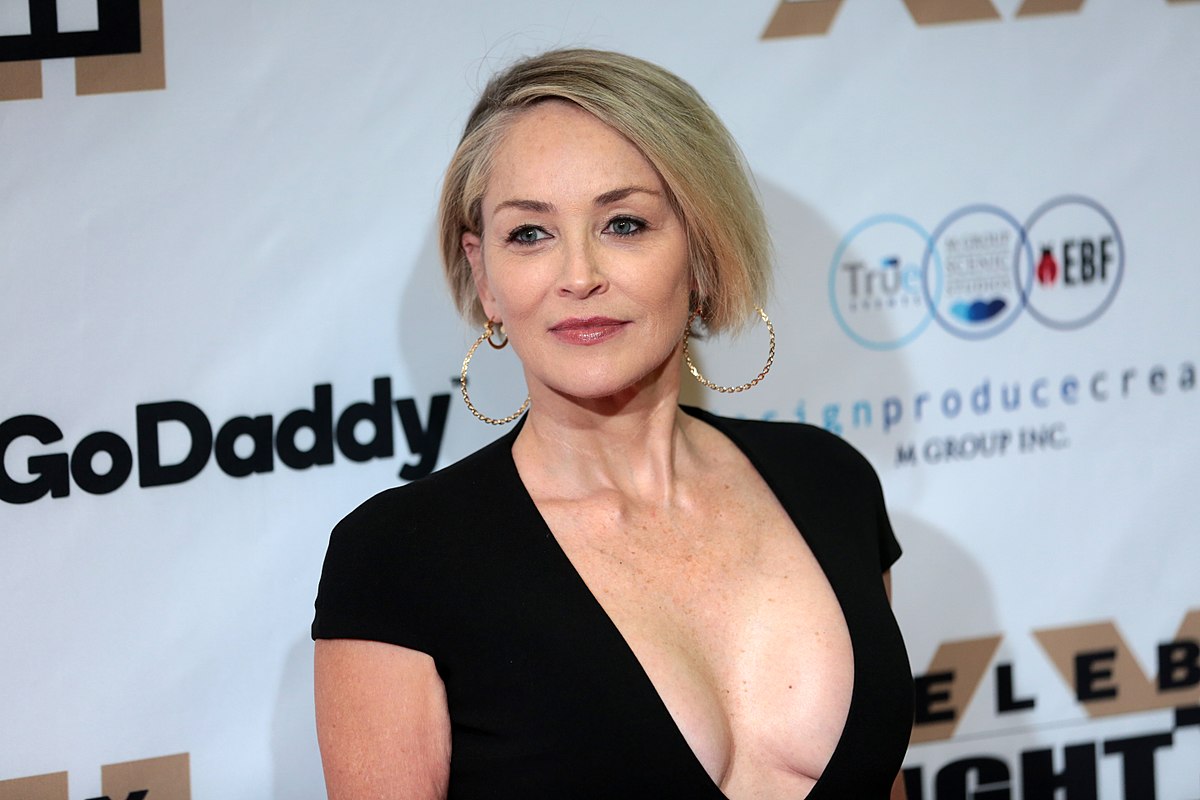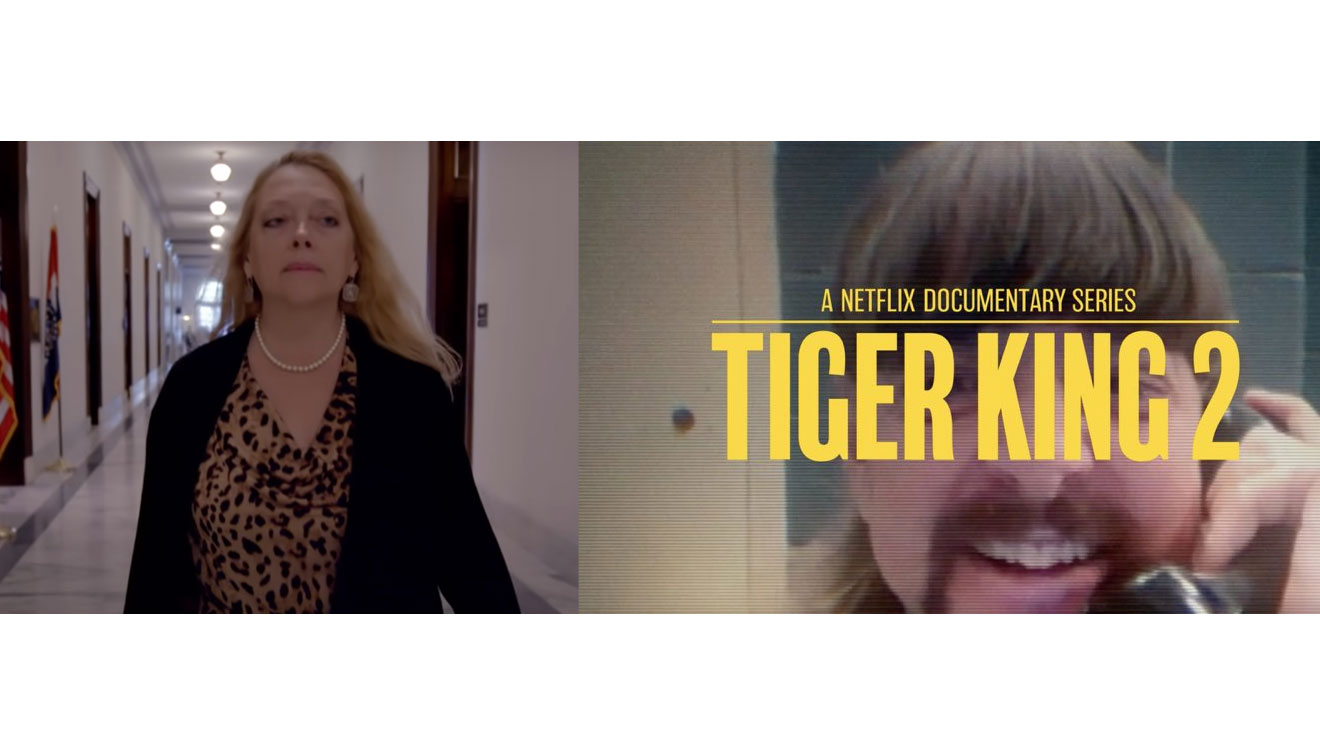Director Vishal Furia‘s Hindi film Chhorii featuring actor Nushrratt Bharuccha released digitally on Prime Video on Friday. Chhorii is a remake of Furia’s 2017 film Lapacchapi and it revolves around a pregnant woman who has to protect her unborn child from a ghost in a village.
Ahead of the film’s premiere at the 52nd International Film Festival of India (IFFI), Furia spoke to Silverscreen India over a phone call about the nuances of remaking the hit Marathi film in Hindi, working with Bharuccha, and the horror genre scene in the country.
Why did you decide to remake Lapacchapi?
Chhorii is a new version of my older film Lapacchapi, which received a good response from the audience. What genuinely felt good was that the viewers could relate to the pain and emotions of the female protagonist. So, we have stuck to the honest soul of the older film for this one as well. Changes have been obviously made for the larger audience and it will be a different experience for the new audience as well as for the people who have watched the original film. Hopefully, the characters will be relatable to people who might have had similar experiences or heard such stories. We have also kept a certain social message at the end of the film about an evil we want to make people aware of. Thankfully, for the original film, the audience could connect closely with the female protagonist, her hardships, her pain, and her emotions. I hope to replicate that for this film as well.
The trailer of the film gives off a big Stephen King vibe, did you draw any inspiration from him?
When any genre is made, it does draw inspiration consciously or unconsciously from various literature or films from the masters of that particular genre. So I feel sometimes those inspirations creep in without the filmmaker knowing about it. It can be in the form of similar locations or even cinematography. For this film too, maybe subconsciously, I might have been inspired by the films I have seen as a kid or the books I have read, and that is okay as it feels like a tribute more than anything else.
Is it difficult to avoid cliches when it comes to this genre and still be relatable?
As far as cliches go, we have definitely not tried to put Bollywood cliches in our film. We have tried to stay away from certain things that the industry has used too much in their horror films. We were successful in that doing that for the original film so hopefully, this one will also show the same.
The film is such a powerful medium and if it does not make people relate to it then I feel we have failed it in some way. So this is why it has been a constant attempt to make sure that my films are relatable to the very common man and everyone else too. I ensure that the stories I tell and my style of storytelling which involves camera techniques, writing, etc., stay close to reality. At the end of the day, we are telling fictional stories so they cannot be entirely real but the emotions should feel relatable and honest.
What are some things that you focused most on when it came to production?
The location always plays a very important character in a horror film and in my films I ensure that I design my sets very carefully so it elevates the feel. The same thing is done with the costume design as well as the colour scheme of the film. Personally, I feel the horror genre is one that requires certain technical soundness and a collaborative effort from each and every department to make the atmosphere and setup look scary.
I would discuss with my cinematographer each and every scene and the mood of that particular scene as well. Also, the production designers need to be in the loop too during those conversations as light sources contribute to cinematography. Colours, camera movement and so many other small things contribute to the fear. And apart from all of this, sound designing also contributes a lot to this genre. Horror is something that requires collaborative technical soundness for all the departments to come together and make a film successful.
How did Bharuccha come on board and what was it like shooting with her?
I met Nushrratt three-four years back for another project, which did not work out. But in the conversations with her, I found a common thread that both of us have a passion to prove ourselves. She wanted to prove that she can do roles outside of the genres she’s stereotyped in and I wanted to prove that I can tell stories a little differently. Later, when we were thinking about whom to cast and her name came up, I was very happy. When we approached her, she immediately said yes.
She surrendered herself to the script, the character, and to me as a director. There were days when there was intense emotional pain, physical pain because that is what the film demands from the protagonist. There were scenes that needed to be shot multiple times from different angles and that is where the actors really come through. There were two times when she broke down on the set because the scenes were so intense but the next day she was back on set ready to take up challenges again.
Similarly, everyone else who had been cast also gave their heart and soul to their characters. This film is not just driven by the primary cast but by every character no matter how small.

What is the main element which makes a horror film scary?
For horror, the most important thing is the characters that bind the story together. The moment a filmmaker can make the audience believe that the character is real or make them live the film through the eyes of the character, that is when a horror film becomes interesting and worth watching. A person might be scared by sudden camera movements or jump scares, but that is not long-lasting. It is all about the writing, the characterisation, the performers, and all the other little technical elements. See, fear is always in us. We are scared of several day-to-day things, it is inbuilt in our instincts knowingly or unknowingly. If a filmmaker is able to tap into that instinct by their filmmaking then it really helps in making a great horror story.
What do you think about the genre’s progress in the Indian film industry?
Recommended
There have been a few horror experiments in the industry that have worked well with the audience. Recently I have seen some brilliant films but frankly, we have not even scratched the surface. This genre in this country has so much potential because of the several mythologies and traditional stories that are there. We have just started and if Chhorii does well, hopefully more and more filmmakers will be motivated to write or make such stories, producers will want to invest in them and actors will want to act in them. The way horror-comedy is seeing immense success, the horror genre will also pick up because the audience is ready to see it.
Would you have made the film differently if it was a theatrical release?
When we made the film, we did not think about where it would ultimately release. It was the end of the first Covid-19 wave and there was no pre-conceived notion of where the film will land. During the second wave, we decided it does not make sense to go to theatres as people might be scared to go out and watch in a confined space. That would not be an ideal way for this film to be broadcast. The OTT will let the film travel to several people in different countries and let them watch from the comfort of their home. So I was elated when Amazon Prime came on board.



